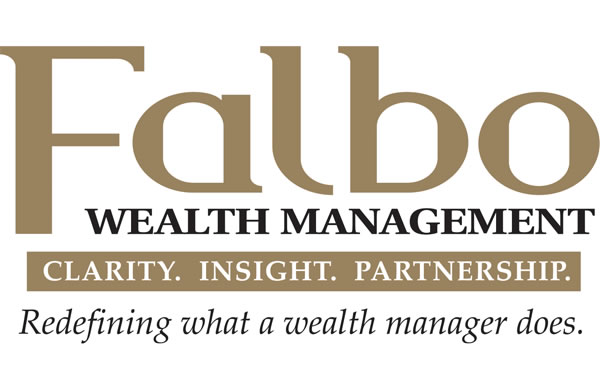Knowing how much money you’ll need in retirement is important, but it’s equally vital to have a plan to make the most of it. In the past, traditional retirement planning focused primarily on financial issues, viewing retirement as an economic event. If you managed to cross the finish line on time, your planning for a successful retirement was complete. While it addressed the financial goal of achieving lifetime income sufficiency, it failed to address the larger, more consequential goal of attaining a higher quality of life.
With life expectancies growing, retirees must focus on physical and mental preparation as much as they do on financial preparation. An increasing number of retirees are no longer satisfied with simply trading a life of work for a life of leisure. Instead, they want to take control and trade in work they no longer wish to do for work they really like to do.
To maximize your potential for the highest quality of life in retirement, it's essential to invest inthree critical aspects of your life.
Your Physical Well-Being
The biggest threat to your quality of life is declining health. Regardless of your health and exercise habits while working, in retirement, you have the time to make your health the foundation of your next chapter. In addition to regular checkups with your doctor, you can stay on top of health issues by improving your diet (learning to cook healthier meals), exercising regularly (joining a gym or group of physically active people), and generally staying active around the house and in your community.
Your Mental Well-Being
Staying mentally active is just as vital as staying physically active. Studies show that many retirees become despondent when they step away from their careers or separate from their “tribe.” However, those who stay engaged and productive are happier in all aspects of their lives. Retirement is an opportunity to learn new skills and gain new experiences.
For many retirees, volunteering offers the first opportunity to match their knowledge, skills, values, and beliefs with a worthwhile endeavor and a way to give back to the community.
Whether it’s tutoring a high school student in math, training seniors in new skills, being a docent for a local museum, providing executive-level experience to charitable organizations, or
offering back-office skills to a non-profit group, many retirees are discovering how the “butterfly effect” of their contributions creates an expanding circle of value throughout their communities.
Consider yourself very fortunate. You have valuable knowledge and skills. You have a unique ability that drives your passion. But, most of all, you have the rare opportunity to improve your quality of life while making a difference in a way that will not only benefit you and your family but your community as well.
Your Financial Well-Being
Planning for retirement today involves several new dimensions that didn’t concern earlier generations—longer life expectancies, the rising cost of healthcare, and the increasing reliance on personal capital to provide lifetime income sufficiency—all requiring more planning to work towards a financially secure retirement.
If you’re on the glide path to retirement, there are several critical steps you can take now to pursue the highest quality of life for the rest of your life:
● Begin tracking your expenses now. By tracking your expenses now, you can steadily
adjust your spending to smooth out your transition into retirement.
● Start living like a retiree now. You can take it one step further by making lifestyle changes now based on how you want to live in retirement. That could include moving into a less expensive home or apartment, downsizing your cars, and embracing a more frugal lifestyle.
● Understand the impact of taxes on your retirement cash flow. One very costly mistake people make is ignoring taxes' impact on their retirement cash flow. Retirees who have multiple income streams from pre-tax and post-tax accounts need to be aware of which ones to use at which points in retirement or risk depleting their retirement assets too quickly.
● Don’t invest too conservatively. With inflation and longevity on the rise, maintaining a suitable level of exposure to equities could be a strategic approach to mitigate the risk of outliving your assets. Working with your advisor to develop a well-diversified portfolio of equity and fixed-income investments may be a potential strategy to aim for capital growth, while moderating portfolio volatility over the long run.
Partner with a Retirement Advisor for Better Outcomes
Hi, I am Joe Falbo and I am a retirement and life planning professional. The technical side of what I do isn’t always all that simple, but the purpose behind the work is—to help you prepare
for all aspects of your life in retirement so you can pursue the highest return on life. Ready to learn more about how we help retirees align their resources with their dream outcomes?
Download my free Retirement Success Book here, and then schedule a call with us to learn more 908-490-1190. A solid plan on action puts you on the road towards your dream
retirement.
The opinions voiced in this material are for general information only and are not intended to provide specific advice or recommendations for any individual.
